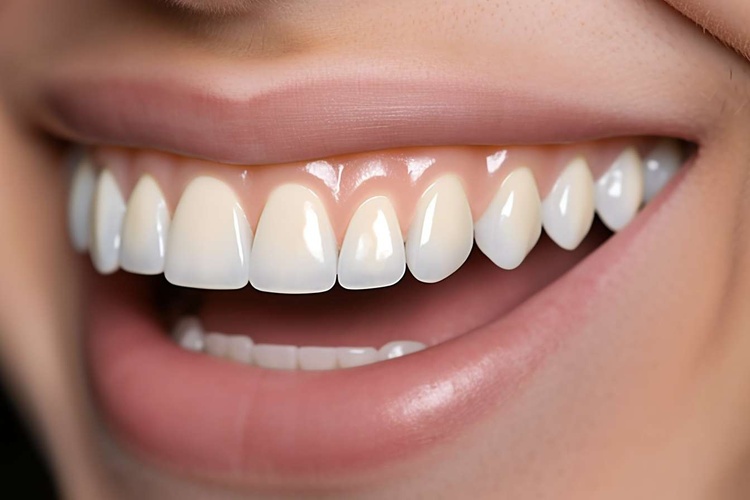Understanding Erectile Dysfunction: Holistic Approaches to Men’s Health
Erectile dysfunction (ED) is a common health concern among men, particularly as they age. In South Africa, healthcare providers are adopting innovative and holistic approaches to address ED, helping men improve their quality of life and overall well-being. By combining established treatment methods with modern, evidence-based strategies, men now have access to more comprehensive support than ever before.

Exploring Common Causes of Erectile Dysfunction
Erectile dysfunction can result from a variety of physical and psychological factors. Physical causes may include underlying health conditions such as cardiovascular issues, diabetes, or hormonal imbalances, while psychological contributors can include stress, anxiety, and depression. Understanding the root causes of ED is essential for developing effective treatment plans tailored to individual needs.
Recent studies have highlighted the importance of addressing lifestyle factors such as poor diet, lack of exercise, and smoking, which can negatively affect erectile function. South African health experts are encouraging men to adopt healthier habits to improve both their physical and sexual health.
Established Treatment Options for Erectile Dysfunction
Traditional oral medications, such as phosphodiesterase type 5 (PDE5) inhibitors, continue to be a reliable first-line treatment for ED. These medications work by improving blood flow to the penis, enabling men to achieve and maintain erections. Healthcare professionals emphasize the importance of consulting a medical provider to ensure the safe and appropriate use of these treatments.
In addition to medications, physical therapies aimed at improving vascular health are gaining popularity. These approaches include pelvic floor exercises, which strengthen the muscles responsible for erectile function, as well as non-invasive medical interventions designed to enhance blood flow.
Embracing Holistic Approaches to ED Management
Healthcare providers in South Africa are increasingly adopting a holistic perspective when addressing ED. This approach focuses on the interconnectedness of physical, mental, and emotional health. For example, stress management techniques such as mindfulness and cognitive-behavioral therapy (CBT) are being used to help men reduce anxiety and build confidence, which are often key factors in managing ED.
A balanced diet and regular physical activity are also integral components of ED management. Foods rich in antioxidants and heart-healthy nutrients, such as leafy greens, berries, and whole grains, are known to support vascular health. Coupled with regular exercise, these lifestyle changes can help improve overall circulation and reduce risk factors associated with ED.
Advancements in Patient Education and Support
Access to accurate information and a supportive environment can significantly improve outcomes for men dealing with ED. In South Africa, awareness initiatives by healthcare organizations are fostering open conversations about ED and reducing the stigma often associated with the condition.
Telemedicine services and digital health platforms are also making it easier for men to seek professional advice and personalized care. By enabling remote consultations with specialists, these tools help overcome geographical barriers and ensure timely access to expert guidance.
Support groups and online forums are another valuable resource, providing men with a safe space to share their experiences and learn from others facing similar challenges. These platforms offer encouragement and practical tips, reinforcing the importance of seeking help and exploring available treatment options.
Moving Forward with Confidence
By combining evidence-based treatments with holistic care and patient education, South Africa is leading the way in helping men manage erectile dysfunction effectively. With a focus on both physical and emotional well-being, healthcare providers are empowering men to take control of their health and improve their overall quality of life.
Disclaimer: This article is for informational purposes only and does not constitute medical advice. Always consult a healthcare professional for diagnosis and treatment of medical conditions.




